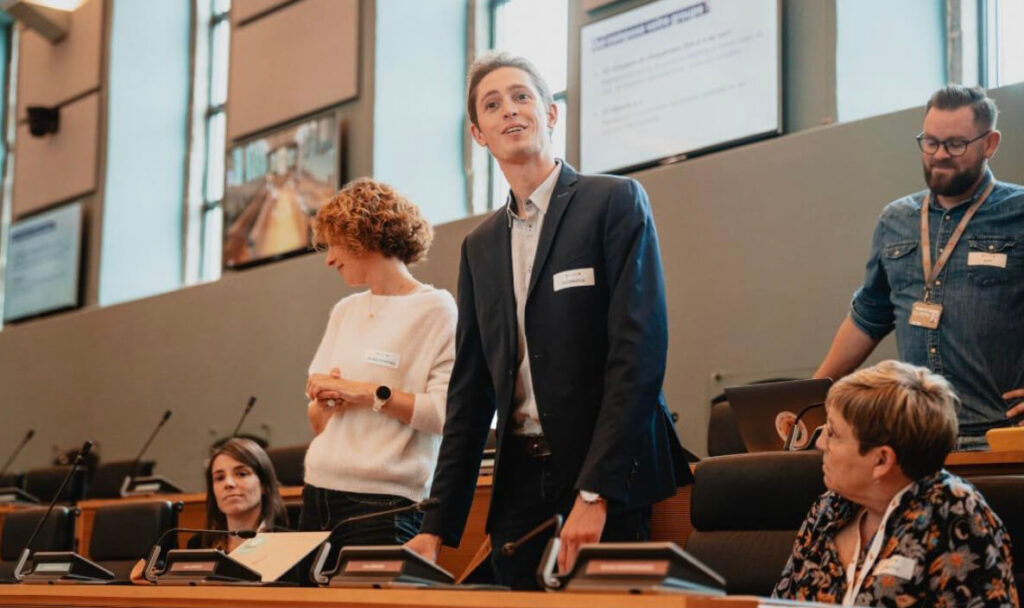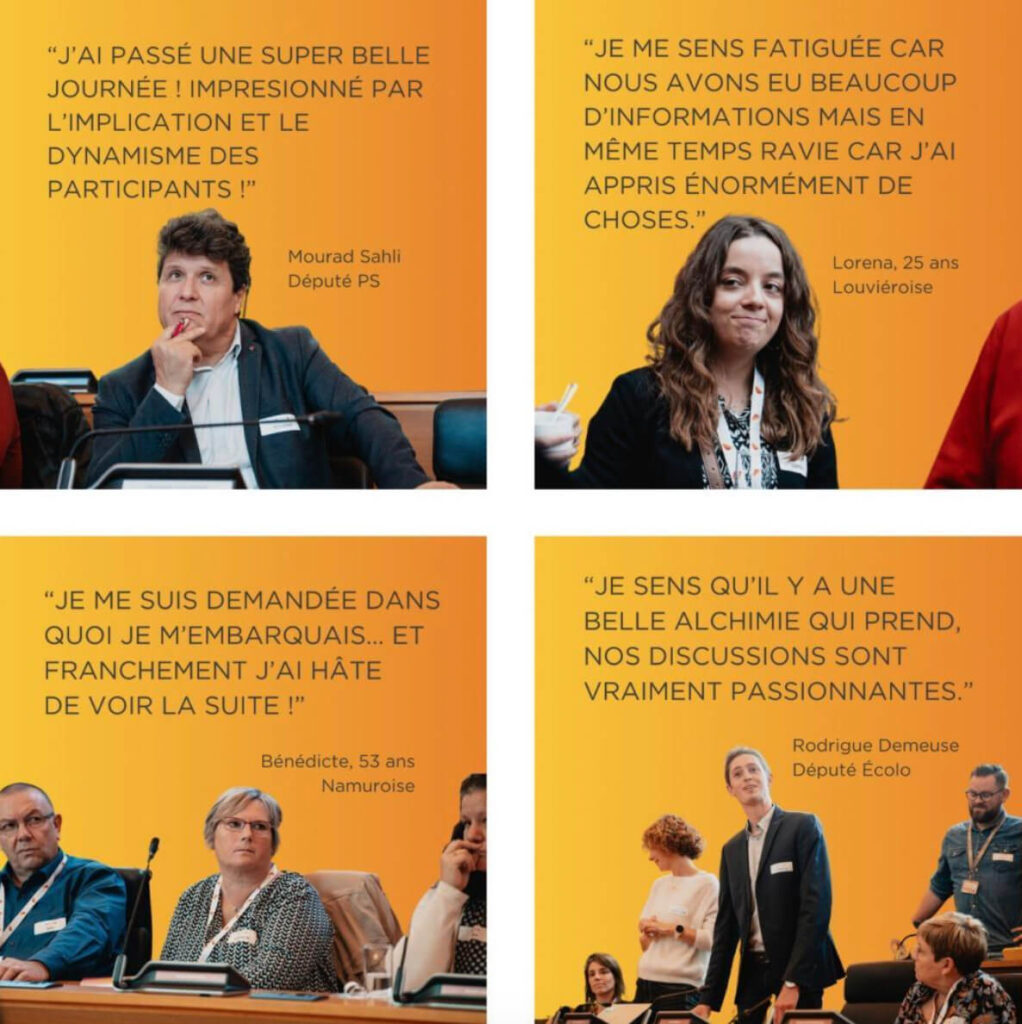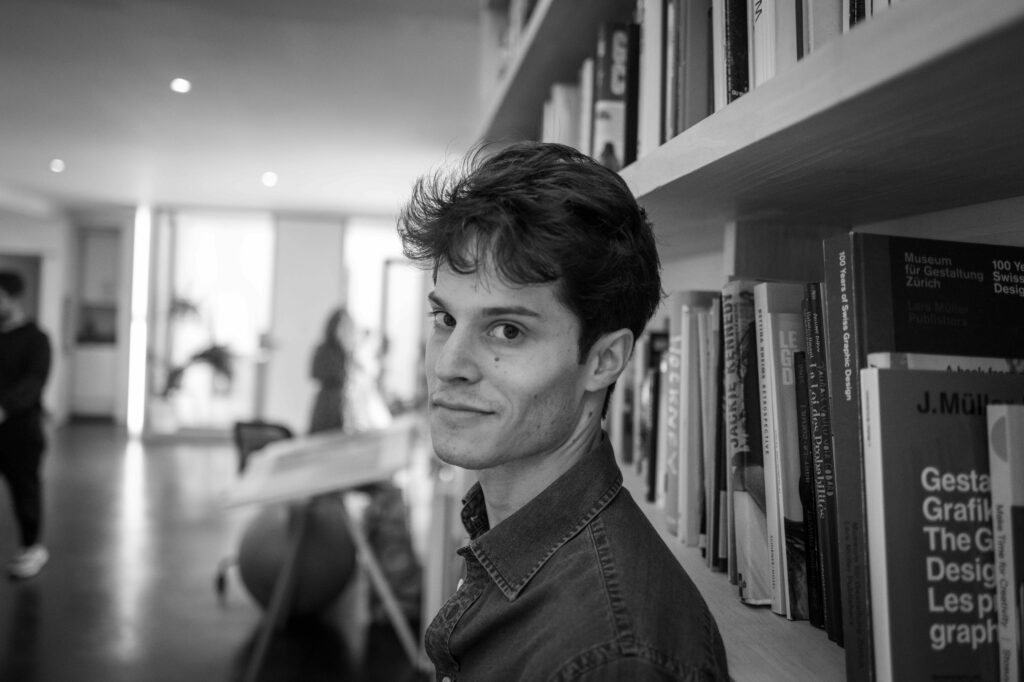The Brussels experience of deliberative committees has led to some criticism of the balance of exchanges between elected representatives and citizens. In an article in the Deliberative democracy digest, academics Sophia Simon and Julien Vrydagh wonder whether the ease with which elected representatives can speak to the public might not give them a disproportionate say in formulating recommendations. What lessons can be drawn from the first Walloon Deliberative committee, facilitated by Dreamocracy, which was completed in February 2024?

- Hybrid Deliberation
First Deliberative Committee of Wallonia: Assessing the quality of the co-creation process between elected representatives and citizens
Enthusiasm from the start of the process
From the first meeting on 12 November 2023, citizens and elected representatives showed real enthusiasm and commitment to the process, as illustrated by the following quotes:

Survey confirms initial enthusiasm
If opinions seem positive at the start of the process, what is the situation after 5 sessions of deliberation? Academics Christoph Niessen and Min Reuchamps carried out a survey of participants based on a questionnaire submitted before and after the deliberations.
At the end of the 5 sessions, around 80% of the participating citizens and elected representatives had a positive opinion of the process in which they had taken part. The remaining 20% were not negative, with 10% saying “neither positive nor negative” and 10% not responding.
This survey also shows that a majority of participants have a positive opinion specifically on the deliberation between elected representatives and citizens. “Good work between MPs and non-elected citizens”, said one citizen.
For MP Hélène Ryckmans, this Deliberative committee has enabled “politicians to open up to the richness of direct exchange with citizens”. As her colleague Charles Gardier points out: “I have to be honest, I came to this committee with a certain number of assumptions, come on, maybe even some preconceived ideas. They have been largely shattered. I really think that this exercise over several Sundays was very enriching, and brought […] a real awareness, a real change in my perception”.
How can dialogue between elected representatives and citizens be balanced? Lessons from Wallonia’s Deliberative committee
Enabling a quality, balanced conversation between elected and ‘ordinary’ citizens does not happen without taking certain steps. We recommend in particular attending to the following factors of success.
Preparation time without elected representatives. Sometimes, applying the same procedure for elected representatives and citizens simply risks giving the advantage to the elected representatives, who are potentially better informed and more at ease on the subject. It may be a good idea to set aside some preparation time for citizens only, so that they can then enter into the deliberations with the elected representatives, who are better equipped and therefore on a more equal footing.
Experienced facilitators: more than other participation initiatives, the Deliberative committees require experienced facilitation in order to balance the voices of the most talkative and the most shy. Indeed, balancing the contributions of elected representatives who are experts in public discourse requires active and sufficiently assertive facilitation to maintain the framework.
Personalised support between sessions: a member of the Dreamocracy team was specifically responsible for calling participants between each session and spending the necessary time with them to prepare them and answer their questions. This was a real time of support that enabled the citizens to arrive more confident and at ease in the deliberations with the elected representatives.
Feedback and preparation time with elected representatives: the exercise of deliberating directly with citizens was new for elected representatives. Video meetings were set up between sessions with MPs. This enabled them to receive feedback and clear up certain points in advance of the meetings, thereby enhancing the quality of exchanges between elected representatives and the public.
Other related articles
Find out all about the first Deliberative committee at the Walloon Parliament, a promising democratic innovation Deliberative committee: the Walloon Parliament innovates in the face of the democratic crisis
You’d like to know more about the methods used in Wallonia's first-ever Deliberative Committee?
Contact the guy in charge, Victor Lauret!
Book an appointment

